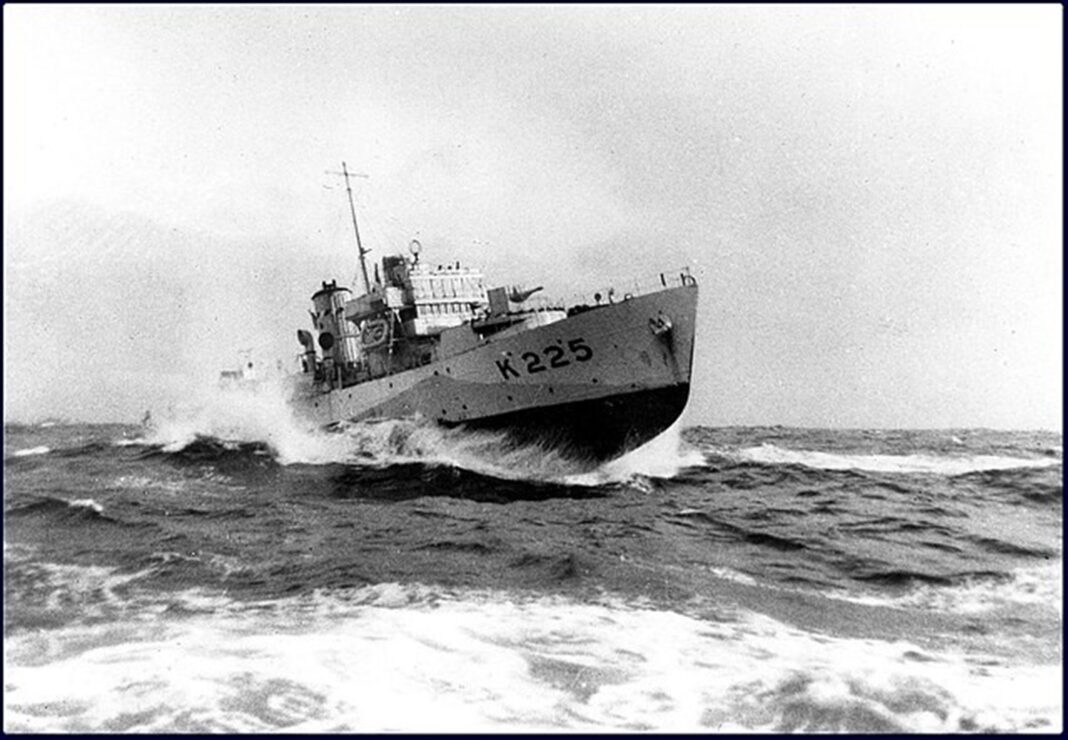By William Spotton
I walked into the small Scottish country pub for lunch and a pint… or two… maybe, at well past 1 p.m.
I had just traveled up from England searching for some family roots. Spottons allegedly originate from the village of Spott, well now that I had seen it, actually a crossroads. It was outside Dunbar, Scotland in the lowlands on the east coast.
Spottons had then headed to Ulster before heading to Canada in the 1850’s via New York then settling in the Guelph area of Ontario. I attended the University of Leuven in Belgium. It was early summer 1987. I had taken the ferry and driven over in between exam sessions. England’s liquor licence laws still had many hangovers from the Second World War. The pubs closed for the midafternoon after lunch. The lunch last call was at 2:30 p.m. I had yet to have the pleasure of imbibing in my ancestral homeland of Scotland. I went to the bar and ordered a pint of the local ale then nestled in a corner of the small establishment with an ever-present book and the pint.
The place was almost empty. It was a weekday. When I finished my pint, the barkeep leaned over the bar and asked if I wanted another. I figured that was his last call for the lunch opening. I nodded. As I sipped and read, an older gentleman shuffled in and cozied up to the bar on one of the few stools. He did not say anything nor did the barkeep. A pint was poured, then golden liquid was poured into a small wine goblet. I watched approvingly before returning to my book.
When I finished my second pint, the barkeep attentively asked if I wanted a refill. I have never worn a wristwatch; nor could I see a clock on the wall. I was puzzled. I had been nursing my pints. It had to be well past 2:30 p.m. England’s closing time. I asked, ‘Isn’t it past 2:30?’ The barkeep chuckled, ‘just up from England, are you?’ ‘Yes’ I answered as I got up to bring my sleeve to the bar. ‘We have different hours here. We are open all day’ he explained.
With only a slight hesitation, ‘Well then I will have another one”’ I placed the glass on the bar for him to refill. The older gentleman sitting at the bar had been a watching our exchange with interest. Looking at me he spoke. “you are a Canadian.’ It was not a question. It was a statement. I could not contain my surprise and my being impressed. Even with our Commonwealth cousins, Canadians were more often taken for Americans. ‘Why yes? How did you know?’ ‘Served with you lot in the war. I was in a mine sweeper. I was a fisherman.’
I looked at his weather-beaten face. He had the North Sea carved on it. Being impressed was fast morphing into awe. He continued, ‘I saw your prairie farm boys with mud still on their boots bringing those convoys in, puking their guts out in those oversized wash tubs, those corvettes. No matter how much puke, no matter how sick, they kept them coming though.’
He nodded in approval and admiration of those ‘farm boys. ‘You lot’ – somehow at 20 in 1987 I was now one of those farm boys puking their guts out as they crossed the North Atlantic in the burgeoning Royal Canadian Navy’s corvettes and other convoy small escorts ships – you lot kept us alive.’ Bravest bloody thing I have ever seen. You are going to have a real drink laddie. Pour him a Cardhu. Drink that with your ale.’
He instructed me. The barkeep poured that golden liquid into a glass for me. My first scotch courtesy of the admiration of a weather-beaten veteran of the North Sea for my fellow Canadians of 40 years past, who went from farms and hills and woods and towns of our vast land to the North Atlantic to feed and supply a besieged island nation against the Nazi holocaust.
His words echo: ‘bravest bloody thing I have ever seen.’ I pondered those words. There are so many acts of bravery, especially in war. What distinguished those ‘prairie boys’ for this veteran of the North Sea. The day in day out fear they fought in hastily- designed and built tubs. Battling the North Sea, battling their fear, battling the U-boat packs, battling seasickness and more; day in, day out.
Their bravery was not a single act of heroism. It was a choice to live in fear each day in and out of their depths of the North Atlantic, in hope of a better world. This was what awed him, and me. What else was there to say as a I mulled his words about my countrymen and women of 40 years ago?
‘Bravest bloody thing I have ever seen.’ There is one more thing to say: ‘Thank you.’ William Spotton Spott, Scotland 1987/ Farquhar Lake, 2023.





